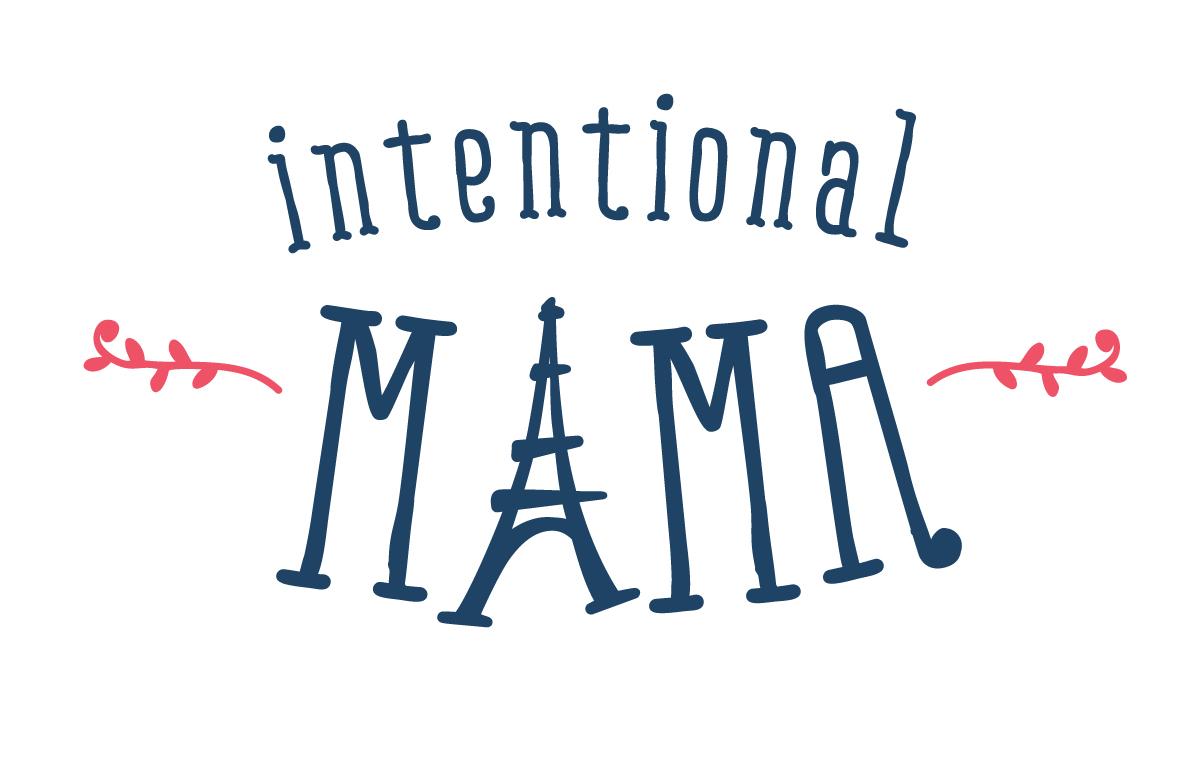Examining Alfie Kohn's Myth of the Spoiled Child
If you're well-versed in current parenting and education discourse, you know that Alfie Kohn is America's gadfly on these topics, consistently challenging the popular views with solid evidence to the contrary. His latest book, The Myth of the Spoiled Child, responds to the prevailing media stance that paints modern parents as both over-involved and indulgent, and children as narcissistic and underprepared for adulthood.
Don't let Kohn's latest title mislead you--this book isn't a lengthy argument for permissive parenting, which Kohn addressed and exchanged for a healthier approach in his book Unconditional Parenting (which I reviewed here). Instead, The Myth of the Spoiled Child is a point-by-point response to common but baseless social criticism of modern American parents and their children. Though Kohn occasionally comes off as peeved and retaliatory towards the researchers he considers biased, he's highly convincing as he meticulously discredits prevalent assumptions about falling school standards, pervasive narcissism, and the overly touted benefits of self-discipline and failure.
Alfie Kohn, American educational speaker, writer, and critic
As a parent, here's what I appreciate about Kohn's latest book: he points out a longstanding cultural tendency to decry each generation as worse than the last and reminds us that "Every generation is Generation Me, at least until they grow up" (pg. 29). He follows this with solid evidence to show that permissive parenting is neither widespread nor terribly damaging, and he spends significant time debunking what he terms "BGUTI"--the viewpoint that kids "Better Get Used To It," with it referring to difficult situations and early hardships.
"What best prepares children to deal with the challenges of the real world," he contrasts, "is to experience success and joy, to feel supported and respected, to receive loving guidance and unconditional care and the chance to have some say about what happens to them." (pg. 92)
Taking notes while reading the e-book version of The Myth of the Spoiled Child
(photo from my Instagram account)
Kohn also presents an insightful, overdue response to the often cited marshmallow experiment of the '60s, reminding us that this study was more about personality and the capacity to distract oneself than about the innate willpower of certain individuals. While perseverance and self-discipline have their merits, of course, Kohn points out that knowing precisely when to persevere, delay pleasure, or follow rules is more beneficial than an unwavering tenacity to stay the course in all situations.
Photo by Alexandre C Moa
Kohn wraps up The Myth of the Spoiled Child with a simple and clear admonishment: that we teach children to care about social issues, support their assertiveness, and encourage skepticism. Dissent is indeed an essential element of democracy, and I appreciate Kohn's push to raise independent thinkers who can envision and establish effective alternatives to abuses of power and failing institutions. I have to admit, though, that there's some humor in the fact that Kohn's parenting suggestions seem destined to raise children who will become much like Kohn himself--analytical dissenters, set on questioning the status quo and motivated enough to work towards positive change.
How do Alfie Kohn's ideas challenge your views on parenting? Do you agree with his emphasis on promoting thoughtful skepticism?
If you're interested in reading more of Kohn's writings, his website, Alfiekohn.org, lists his books and recorded speeches along with his current speaking schedule. (Adoring the French language as I do, I'd love to hear him speak in Quebec this month, but I'll have to wait until his fall visit to the Pacific Northwest brings him closer to my home state of Oregon.)
Disclaimer: At my request, I received an advance copy of The Myth of The Spoiled Child for review purposes. This page contains Amazon Affiliate links.

